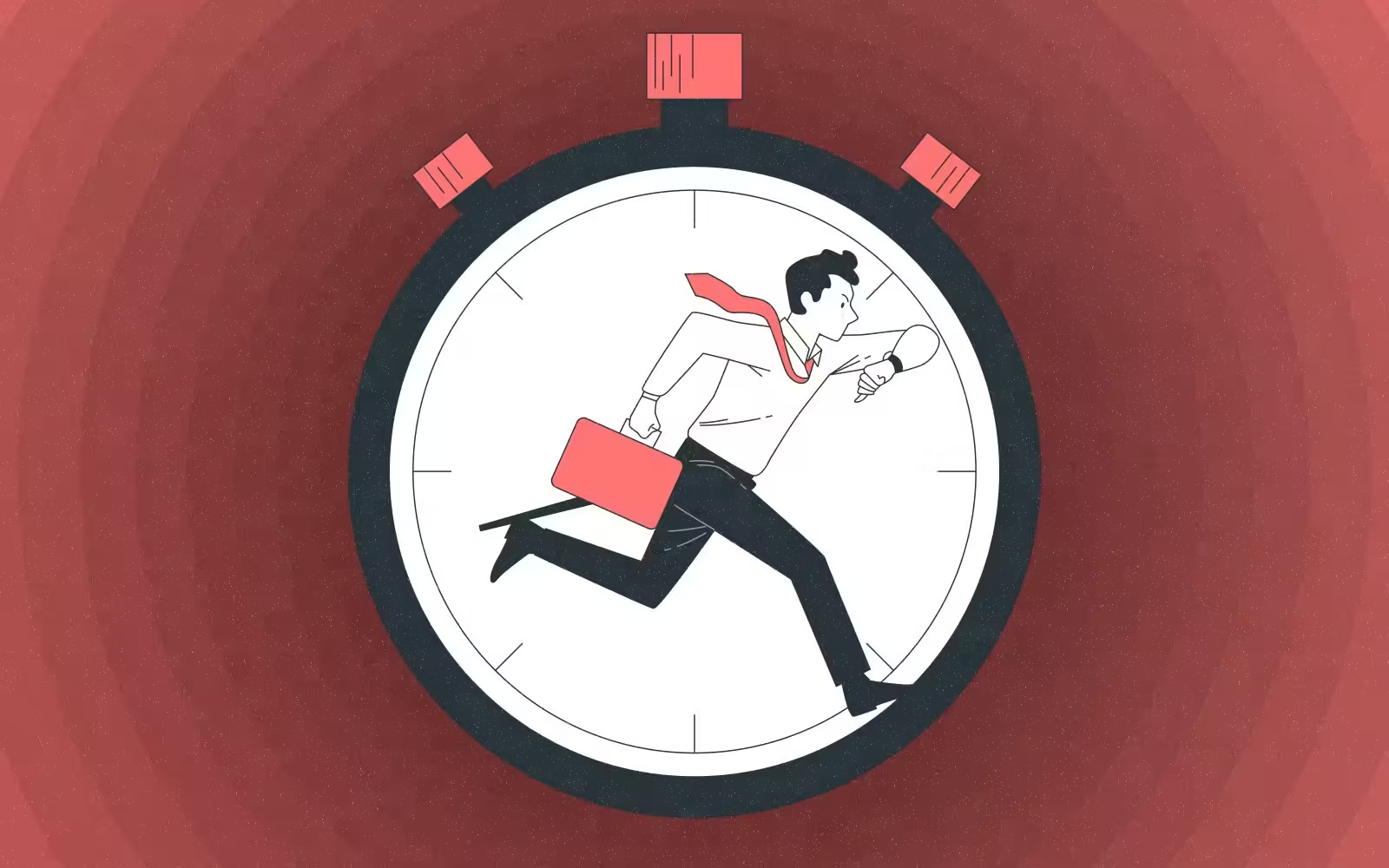The Grim Demise of iPhone Sideloading: Why It’s Dead on Arrival
iPhone sideloading – that tantalising glimpse into the forbidden world of unauthorised apps and digital renegades. For Android users, it’s a rite of passage, a symbol of freedom in an otherwise walled garden of conformity. But for iPhone users, it’s been nothing more than a distant dream – until now, that is. With Apple‘s recent announcement that sideloading will soon be coming to iOS, the tech world is abuzz with excitement and speculation. But before you break out the champagne and start downloading pirated apps by the dozen, let’s take a moment to examine why iPhone sideloading is dead on arrival.
Reason 1: Apple’s Iron Grip on the App Store
First things first, let’s address the elephant in the room – Apple’s iron grip on the App Store. For years, the tech giant has tightly controlled the iOS ecosystem, carefully curating the selection of apps available to users and rigorously enforcing its strict guidelines and policies. While this approach has its critics, it’s also been instrumental in maintaining the security and stability of the platform – something that could be jeopardized by the introduction of sideloading. After all, with great freedom comes great responsibility – and the potential for a flood of malware and malicious apps is enough to make even the most ardent sideloading advocate think twice.
Reason 2: Security Concerns
Speaking of security, let’s talk about the elephant’s cousin – the looming specter of malware and cyber threats. While Android users have long embraced sideloading as a way to customize their devices and access a wider range of apps, they’ve also had to contend with the inherent risks of downloading software from unverified sources. From spyware to ransomware, the Android ecosystem has seen its fair share of security breaches and data leaks – and with iOS sideloading, iPhone users could soon find themselves facing similar dangers. After all, with great power comes great vulnerability – and the prospect of opening up iOS to the wild west of the internet is enough to make even the most cavalier user think twice.
Reason 3: Developer Backlash
But what about the developers, you ask? Won’t iPhone sideloading give them more freedom and flexibility to distribute their apps outside of the App Store? While that may be true in theory, in practice, the reality is far more complicated. For one thing, many developers rely on the App Store’s built-in protections and monetization features to reach customers and generate revenue – something that could be undermined by the introduction of sideloading. And let’s not forget about the potential for piracy and copyright infringement – with sideloading, developers could find themselves facing a wave of unauthorized copies of their apps, siphoning off revenue and undermining their hard work and creativity. In short, while sideloading may sound like a dream come true for developers, the reality is far more nuanced – and potentially fraught with pitfalls.
Reason 4: Apple’s Bottom Line
Last but not least, let’s talk about the bottom line – Apple‘s bottom line, that is. While iPhone sideloading may offer users more freedom and choice, it also poses a direct threat to Apple’s lucrative App Store business model. With sideloading, users could potentially bypass the App Store entirely, depriving Apple of the hefty commissions it collects on every app sale and in-app purchase. And let’s not forget about the potential impact on Apple’s carefully curated ecosystem – with sideloading, the company risks losing control over the user experience and diluting the value proposition of the iOS platform. In short, while sideloading may sound like a win for users, it’s a potential nightmare for Apple – and one that the tech giant is unlikely to embrace without a fight.
So there you have it, dear readers – the grim demise of iPhone sideloading, dead on arrival before it even had a chance to spread its wings. While the prospect of more freedom and choice may be enticing, the risks and challenges posed by sideloading are simply too great to ignore. In the end, Apple’s iron grip on the iOS ecosystem remains as tight as ever – and for better or for worse, it looks like we’ll be playing by their rules for the foreseeable future.
Share This Story
latest for you
Now loading...
news via inbox
Always stay updated with latest trends. Leave your email here!
Recommended For You
Now loading...














